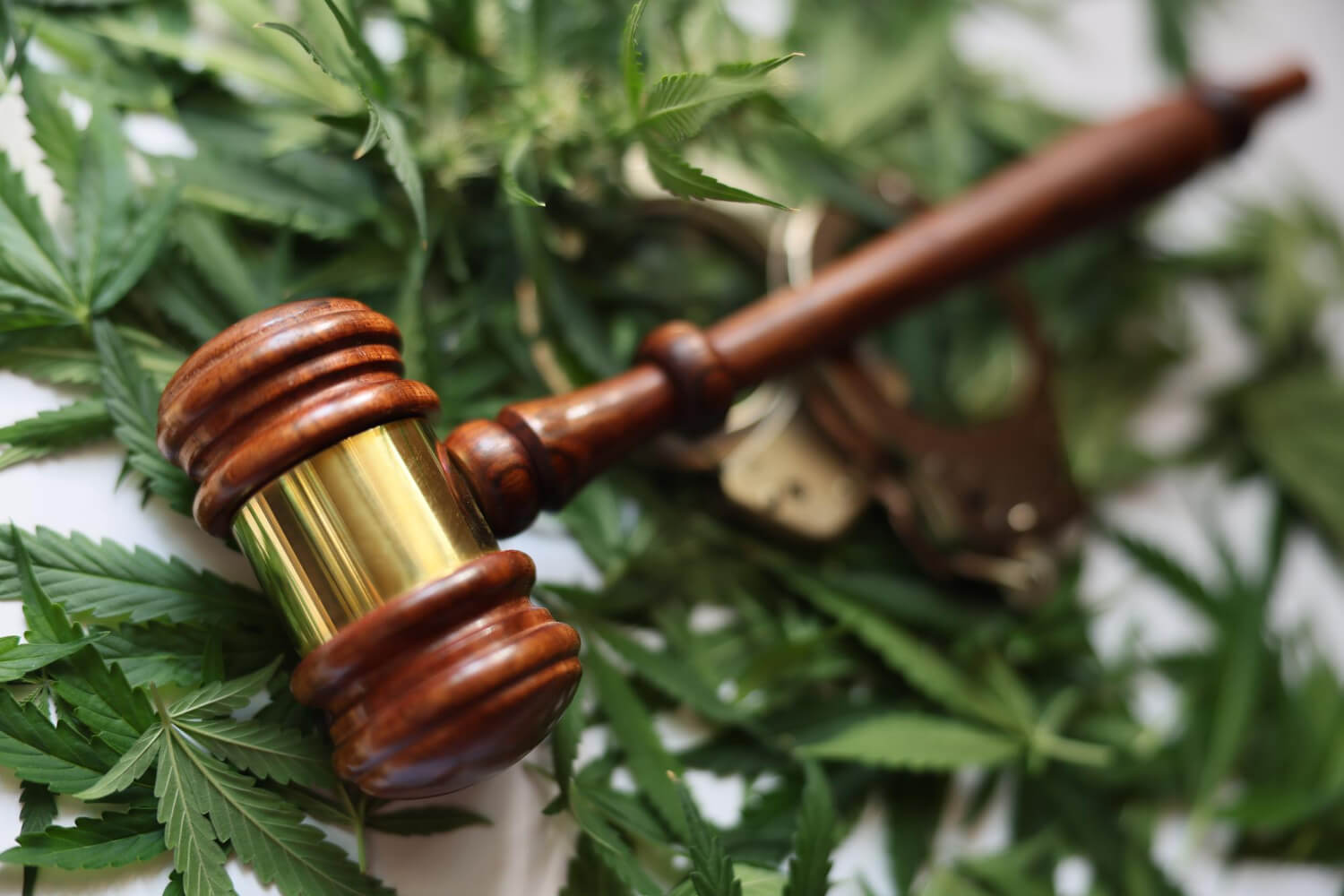The Eastern Band of Cherokee Indians (EBCI) marked a significant step forward in the evolving landscape of cannabis legalization, as its members voted to fully legalize marijuana possession and use for those at least 21 years old. The EBCI now joins the growing number of tribes across the United States supporting adult-use programs as they move ahead with regulated cannabis markets to ensure safety and compliance.
EBCI Referendum Results: A Double Win
The referendum came as a response to a 2020 feasibility study exploring economic benefits associated with legalized and regulated cannabis markets on tribal lands. The results demonstrate overwhelming support for legalizing both medical and recreational marijuana within the EBCI jurisdiction:
- 67% in favor of legalizing medical marijuana;
- 60% in favor of legalizing adult-use marijuana.
Joey Owle, the tribe’s secretary of agriculture and natural resources, spoke to an Asheville-based radio outlet about this decision, stating, “For us, as the EBCI, as a sovereign nation, we are going to move forward with the results of tonight with an adult-use program, and really the way that I see it is that we are putting an issue to bed.”
Regulating Adult-Use Cannabis Markets
Given these results, the tribal government has been instructed “to develop legislation to regulate the market.” With the introduction of new legislation for regulating adult-use marijuana, the EBCI aims to ensure a structured framework for responsible usage and to minimize potential harms related to unregulated sales of cannabis products.
Prioritizing Safety and Compliance
As the EBCI moves forward with cannabis legalization, a significant emphasis will be placed on ensuring the safety and compliance of the new adult-use program. By creating effective guidelines for market regulations and consumer protection, the tribal government seeks to foster an environment focused on responsible use and control.
The Nationwide Picture: Legalization and Resistance
While the EBCI’s decision stands as a notable victory for cannabis legalization advocates within the tribe’s jurisdiction, the broader political landscape tells a more complex story. Nationally, several states and tribes have started embracing regulated cannabis markets in recent years, but opposition remains steadfast among some lawmakers.
- 18 states, along with Washington D.C., Guam, and the Northern Mariana Islands, have fully legalized marijuana for recreational use;
- However, in North Carolina, efforts to legalize medical marijuana were defeated by Republican lawmakers.
Controversial Moves Aimed at Halting Cannabis Legalization
About a week before the EBCI referendum, U.S. Rep. Chuck Edwards introduced the Stop Pot Act, which aims “to withhold certain federal funding from states and tribes that permit the use of recreational marijuana.” This controversial legislation highlights ongoing resistance against the growing trend of cannabis legalization across the country.
What Lies Ahead for Regulating Cannabis in the US?
As states and tribal governments continue to navigate the complexities surrounding cannabis legalization, future policies must prioritize the well-being and safety of communities over political agendas. The Eastern Band of Cherokee Indians’ decision to embrace adult-use cannabis legalization demonstrates their commitment to addressing this issue head-on. Time will tell whether other jurisdictions may follow suit, moving toward a more pragmatic and regulated approach to cannabis in the United States.





